Immature Seeds and Embryos of Medicago truncatula Cultured In Vitro
互联网
互联网
相关产品推荐
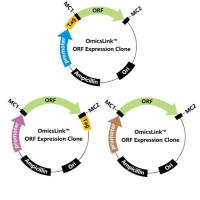
NLRP5 Homo sapiens maternal-antigen-that-embryos-require protein (MATER) mRNA.
询价
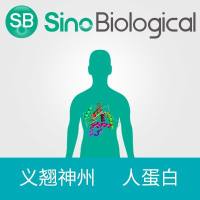
重组人 p38 delta / MAPK13 蛋白 (Activated in vitro, GST标签)
¥3220
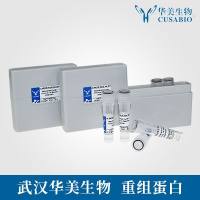
ICT1/ICT1蛋白Recombinant Human Peptidyl-tRNA hydrolase ICT1, mitochondrial (ICT1)重组蛋白39S ribosomal protein L58, mitochondrial ;MRP-L58Digestion substraction 1 ;DS-1Immature colon carcinoma transcript 1 protein蛋白
¥1344
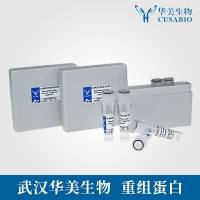
Recombinant-Medicago-truncatula-CASP-like-protein-N24N24CASP-like protein N24 Alternative name(s): Nodulin 24; MtN24
¥10864
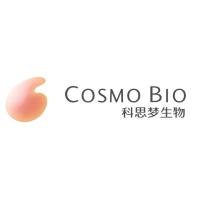
Complete culture kit for porcine embryos in vitro (体外培养猪胚胎的完整培养基)
询价
相关问答

